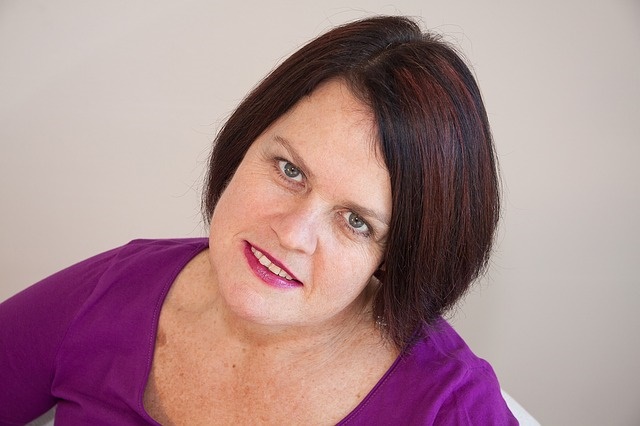 |
|
On Female Torah Scholarship
Recently, my Facebook feed has been buzzing with reflections and responses to the Orthodox Union’s position paper regarding female clergy. While many have expressed appreciation for both the content and tone of the paper, others have expressed frustration and offence towards the limitations presented within the paper, as well as by the fact that the paper was written by seven (male) Rabbis.
From what I've seen, these Facebook responses can be divided into four categories:
1) Some regard the concept of female Orthodox Rabbis is not only a necessity but a reality.
2) Others recognize that female Orthodox Rabbis are an inevitability, but are reluctant to fully embrace this at this time believing instead that time itself will be the decider.
3) Others reject the concept of female Orthodox Rabbis but accept – and promote – the need for female halakhic advisors (Yoatzot Halacha)
4) Others aren’t prepared for women to hold any position of religious leadership whatsoever.
Sadly, those holding each of these positions often look towards those adopting other positions with incredulity and sometimes even contempt. However, what is often absent in this conversation are clear definitions.
Even though the process of attaining the title ‘Rabbi’ primarily involves the detailed study of halacha, the common usage of the term ‘Rabbi’ includes up to three different roles:
1) Rabbi as public religious leader
2) Rabbi as teacher
3) Rabbi as halakhic decisor
While some (male) Rabbis fulfill all three roles, others do not. Consequently, numerous women who have talents in one, two or all three of these areas and who are making a difference in synagogues, communities and centres of learning feel a deep sense of frustration that their years of study are not being recognized in the same way that they would were they to be men.
So why are so many intelligent people opposed to female Rabbis and/or female halakhic leaders?
One oft-cited reason is ‘Mesorah/Tradition’, which is primarily what the OU position paper seeks to address.
Another reason is gender discrimination, which some claim is the undercurrent of the OU position paper.
However, a third reason is the fact that most people have not really encountered female Torah scholarship.
Think about it - how often have you attended a shiur (Torah lecture) where the opinion of a female Torah scholar has been quoted? Perhaps you can recall a handful of occasions when this has occurred, perhaps not. But until the insights of female Torah scholars are valued enough to be included in shiurim and Torah essays, Torah scholarship and halakhic leadership will remain - in the eyes of many - the domain of men and men alone.
Currently there are numerous synagogues and community centres where it is expected - and even required - that boards, steering groups and panel discussions include a mix of men and women. In the same spirit I believe that shiurim and divrei torah should – wherever possible - seek to incorporate the voices of both male and female Torah scholars. In fact, as I have previously noted, I endeavour to do so in weekly newsletter in which I try to incorporate at least one insight from a female Torah scholar. However this is not as easy as you may think because shiurim, essays & books by femaleTorah scholars – especially on topics beyond the area of women and mitzvot - are not so easy to find!
So if you are someone who values female Torah scholarship and would like Orthodoxy to be more accepting of female Torah leadership, I ask that you do two things:
1. If you come across shiurim, articles & books of great Torah scholarship by women, please share them with me and others.
2. If this is something that you care passionately about, commit yourself to quote at least one female Torah scholar in the articles/posts that you write and in the shiurim that you deliver.
Ultimately, if you want female voices to be heard, you need to share them too.
 What is the biblical and rabbinic view of the status of women in Jewish society? See answers from Orthodox, Conservative and Reform rabbis here.
What is the biblical and rabbinic view of the status of women in Jewish society? See answers from Orthodox, Conservative and Reform rabbis here.For more great Jewish content, please subscribe in the right hand column. Once you confirm your subscription, you'll get an email whenever new content is published to the Jewish Values Online blog.
|
|
|
Jewish Values Online
Home | Search For Answers | About | Origins | Blog Archive Copyright 2020 all rights reserved. Jewish Values Online N O T I C E
THE VIEWS EXPRESSED IN ANSWERS PROVIDED HEREIN ARE THOSE OF THE INDIVIDUAL JVO PANEL MEMBERS, AND DO NOT
NECESSARILY REFLECT OR REPRESENT THE VIEWS OF THE ORTHODOX, CONSERVATIVE OR REFORM MOVEMENTS, RESPECTIVELY. |